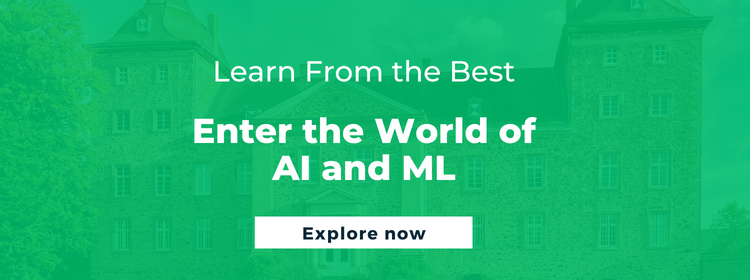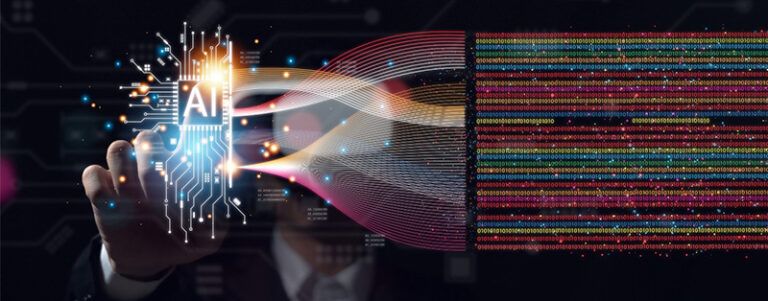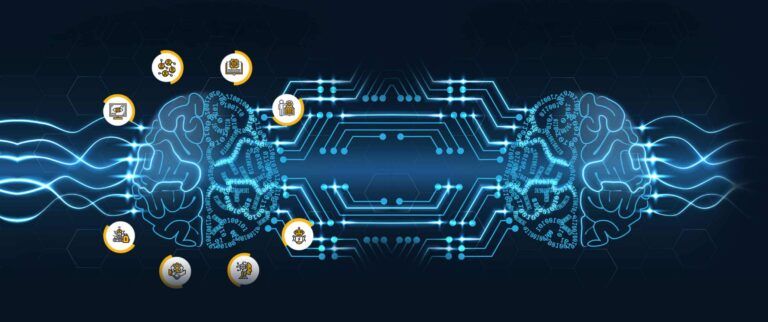How Can Data Analysts Leverage Tableau for Growth?

- What is Tableau and What are the Key Features That Make it Ideal for Business Analysts?
- How Can Business Analysts Utilize Tableau to Optimize Their Data Analysis Processes?
- What are Some Best Practices for Using Tableau Effectively as a Business Analyst?
- How Does Tableau Compare to Other Data Analysis Tools in the Market?
- What are the Benefits of Tableau Certification for Business Analysts?
According to a Forbes report, data and analytics lie at the center of digital transformation. In fact, 75% of business leaders believe that data-driven decision-making boosts revenue significantly. Moreover, data analytics also helps organizations improve financial performance and optimize their operations. However, challenges such as data silos make it difficult to leverage data. Hence, many organizations use Tableau to gain valuable business insights and a competitive advantage. This blog discusses what is Tableau and how it facilitates data visualization.
What is Tableau and What are the Key Features That Make it Ideal for Business Analysts?

Before discussing the key features, let’s quickly understand what is Tableau. It is a data visualization software or an intuitive visual analytics platform that enables efficient data management and exploration. Tableau also acts as a business intelligence software that allows users to leverage AI and discover valuable business insights.
Some of the key features that make Tableau an essential tool for business analysts are:
1. Tableau Accelerators
These are customized dashboards that can be tailored for different industries, departments, or functions. Some of the most popular Tableau dashboards for different functions are sales pipeline, web traffic monitoring and analyzing, financial statement, and price management.
2. Catalog
Data management and storage are two of the biggest challenges in efficient data analytics. However, the Tableau Catalog feature solves this challenge by automatically cataloging data sets. It also adds metadata for quick data discovery.
3. Data Stories
Communicating advanced data insights to stakeholders is difficult because understanding numbers without any context can get complicated. Tableau’s data stories feature summarizes key insights, making it easier for all stakeholders to grasp relevant information. Therefore, business analysts can use this feature to get deeper data insights and streamline their workflow.
4. Predictive Modeling
To properly comprehend what is Tableau, one must also know that it offers a forecasting and predictive modeling feature. Business analysts can create a predictive model to generate forecasts or anticipate future trends.
5. Image Role
Learning what is Tableau is also worthwhile because of the image role feature that helps business analysts enhance their analytics with embedded images. Businesses can use this feature to import, align, reuse, and update graphics.
6. Slack Integration
Another reason business analysts should understand what is Tableau is that it can be easily integrated with Slack to boost productivity. Instead of checking reports or dashboards at regular intervals, this Slack integration feature notifies you of any real-time changes made in the Tableau dashboards. It thus facilitates quick decision-making.
ALSO READ: A Guide to Business Analysis: 7 Skills to Boost Your Analytics Career
How Can Business Analysts Utilize Tableau to Optimize Their Data Analysis Processes?

Now that you know what is Tableau, let’s understand its use cases. It can be used in business intelligence as Customer Relationship Management (CRM) analytics, marketing analytics, and revenue operations. Here is how business analysts use Tableau to optimize their data analysis processes:
1. Automate Analytics Workflow
One of the most significant reasons business analysts should learn what is Tableau is that it enhances the data analysis process by automating the analytics workflow. From prepping, exploring to uncovering data trends, Tableau automates the entire analytics workflow. Therefore, Tableau increases efficiency and accuracy in data analysis.
2. Scale Business Insights
Business analysts can also optimize their data analysis processes through AI-powered analytics offered by Tableau. Instead of using lengthy SQL lines to drag-and-drop information, AI models in Tableau help to discover hidden insights.
3. Use Hyper
Another benefit of Tableau is that it offers Hyper, an advanced SQL engine that enables business analysts to analyze large and complex data for real-time analytics. This in-memory engine increases data processing speed and reduces load time. Moreover, this feature also reduces data footprint.
What are Some Best Practices for Using Tableau Effectively as a Business Analyst?
The following are some of the best Tableau practices for efficient data-driven decision making:
1. Use Cataloging Conventions
Efficient data and storage management builds the foundation for business analytics. Therefore, business analysts should store data systematically by using standard cataloging conventions such as YYYY-MM-DD or YYYYMMDD for dates and HH:MM:SS for timestamps.
2. Facilitate Data Culture
It’s also essential for business analysts to promote a secure and transparent data culture within the organization. Moreover, business analysts should encourage the management and team leaders to experiment with data to gain a competitive advantage.
3. Create Data Hierarchies
The next practice to efficiently implement Tableau is to create data hierarchies. It refers to arranging data into broad categories and narrowing it down for easier identification.
4. Implement Dashboard Actions
Business analysts can enhance data analysis by implementing dashboard actions in Tableau to make insights more engaging. These actions include highlighting to focus on specific information and URL action to direct the user to an internal or external webpage.
ALSO READ: 15 Key Business Analytics Tools You Can Master to Maximize Data Potential
How Does Tableau Compare to Other Data Analysis Tools in the Market?
To further understand what is Tableau in the milieu of advanced business analytics, let’s see how it compares with other tools:
1. Tableau vs. Excel
Excel is a common alternative to Tableau. Similar to Tableau, it is used to arrange data into structured format, analyze data, and perform statistical operations. However, the key difference between Tableau and Excel is that the former also enables visual analytics, which is missing in Excel.
2. Tableau vs. Power BI
PowerBI is another data analysis tool that provides interactive dashboards. However, Tableau is considered more useful for complex data visualization ability.
3. Tableau vs. Qlik
Qlik is an advanced business intelligence tool that offers similar features as Tableau such as predictive analytics, ad hoc query, and strategic planning. However, Tableau also offers additional features such as behavior analytics and relational display.
What are the Benefits of Tableau Certification for Business Analysts?
Data is gradually emerging as the most important currency for businesses. Therefore, organizations need business analysts who have a good understanding of what is Tableau to leverage data insights. To that end, Tableau certification can be beneficial for business analysts. Here is how:
1. Become Eligible Better Business/Data Analytics Opportunities
Gaining Tableau certification helps business analysts learn more skills. Thus, it makes one eligible for senior roles such as business intelligence analyst or lead data analyst.
2. Build a Future-Proof Career
Efficient data analytics is growing as one of the top business priorities across different industries. Tableau certifications can improve your skill set, add value to your CV, and make you eligible for jobs across different industries.
3. Get High-Paying Jobs
The average salary for Tableau Software skills is $81,000 in the US, so a Tableau certification can help you get high-paying jobs.
ALSO READ: 10 Most Popular Business Analysis Techniques Used by Professionals
Organizations are heavily relying on data to make strategic decisions for business growth. Therefore, the demand for business analysts with advanced data analytics skills is increasing. Hence, learning Tableau can be an added advantage for data analyst professionals. You can explore Emeritus’ online artificial intelligence courses and machine learning courses to learn what is Tableau, its features, best practices, and models.
Write to us at content@emeritus.org






















































